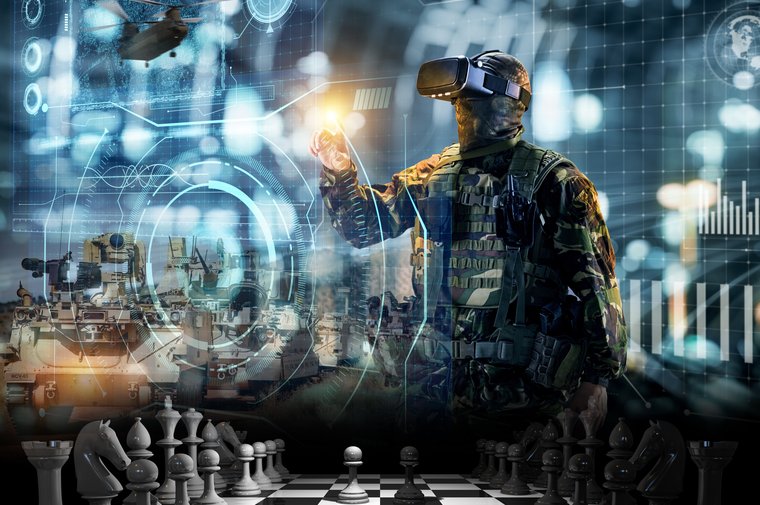The future of autonomous combat is a topic of immense interest and discussion in both the military and technological domains. As technology continues to advance at an unprecedented pace, the integration of autonomous systems in military operations is becoming increasingly significant. The potential of these technologies to revolutionize warfare is vast, promising increased efficiency, reduced human casualties, and enhanced strategic capabilities.
In this article, we will explore how the future of autonomous combat is set to change the landscape of warfare. We will delve into various aspects, including the technology involved, the benefits and challenges, and what the future holds for this rapidly evolving field.

Understanding Autonomous Combat Systems
What Are Autonomous Combat Systems?
Autonomous combat systems refer to military machines capable of performing tasks without human intervention. These systems include drones, robotics, and AI-driven software that can execute complex missions.
Current Applications in Military Operations
Currently, autonomous systems are used in reconnaissance, surveillance, and logistics. For example, drones are extensively used for intelligence gathering and precision strikes, minimizing risks to human soldiers.
Technological Advancements Driving Autonomous Combat
Artificial Intelligence and Machine Learning
AI and machine learning are the backbone of autonomous combat systems. They enable machines to learn from data, make decisions, and adapt to changing environments, as highlighted in the article on AI use in Ukraine conflict.
Robotics and Automation
Robotics plays a crucial role in developing autonomous combat systems. Advanced robotics allow these systems to perform tasks ranging from simple actions to complex maneuvers on the battlefield.
The Benefits of Autonomous Combat Systems
Increased Operational Efficiency
Autonomous systems can operate 24/7 without fatigue, leading to increased efficiency in military operations. They can process data and execute tasks faster than humans, as discussed in AI and drone swarms.
Reduction in Human Casualties
By taking on dangerous tasks, autonomous systems can significantly reduce the risk to human soldiers, saving lives and improving morale.
Enhanced Strategic Capabilities
These systems can analyze vast amounts of data to provide valuable insights, aiding in strategic decision-making and mission planning.
Challenges and Ethical Considerations
Technical Limitations
Despite significant advancements, autonomous systems are not infallible. Technical glitches and limitations can compromise missions and lead to unintended consequences.
Ethical Concerns
The deployment of autonomous combat systems raises ethical questions about accountability, decision-making, and the potential for misuse. The [Military Review](https://www.armyupress.army.mil/Journals/Military-Review/Online-Exclusive/2024-OLE/AI-Combat-Multiplier/) discusses these ethical implications in detail.
The Future of Autonomous Combat
Integration with Human Forces
The future will likely see greater integration of autonomous systems with human forces, creating hybrid teams that combine human intuition and machine precision.
Advancements in AI and Robotics
As AI and robotics continue to evolve, autonomous systems will become more sophisticated, capable of handling increasingly complex tasks. This evolution is discussed in the context of AI and edge computing for soldiers.
Global Impact on Warfare
The widespread adoption of autonomous combat systems will inevitably change global military strategies, prompting nations to adapt to new forms of warfare.
Conclusion
The future of autonomous combat holds immense potential for transforming military operations. While there are challenges and ethical considerations to address, the benefits these technologies offer are undeniable. As we move forward, it will be crucial to balance technological advancement with ethical responsibility to ensure a safer and more effective future for warfare.

FAQ
What are autonomous combat systems?
Autonomous combat systems are military machines capable of performing tasks without human intervention, including drones and robotics.
What are the benefits of autonomous combat systems?
They offer increased efficiency, reduced human casualties, and enhanced strategic capabilities.
What ethical challenges do autonomous combat systems present?
These systems raise ethical concerns about accountability, decision-making, and the potential for misuse in warfare.

